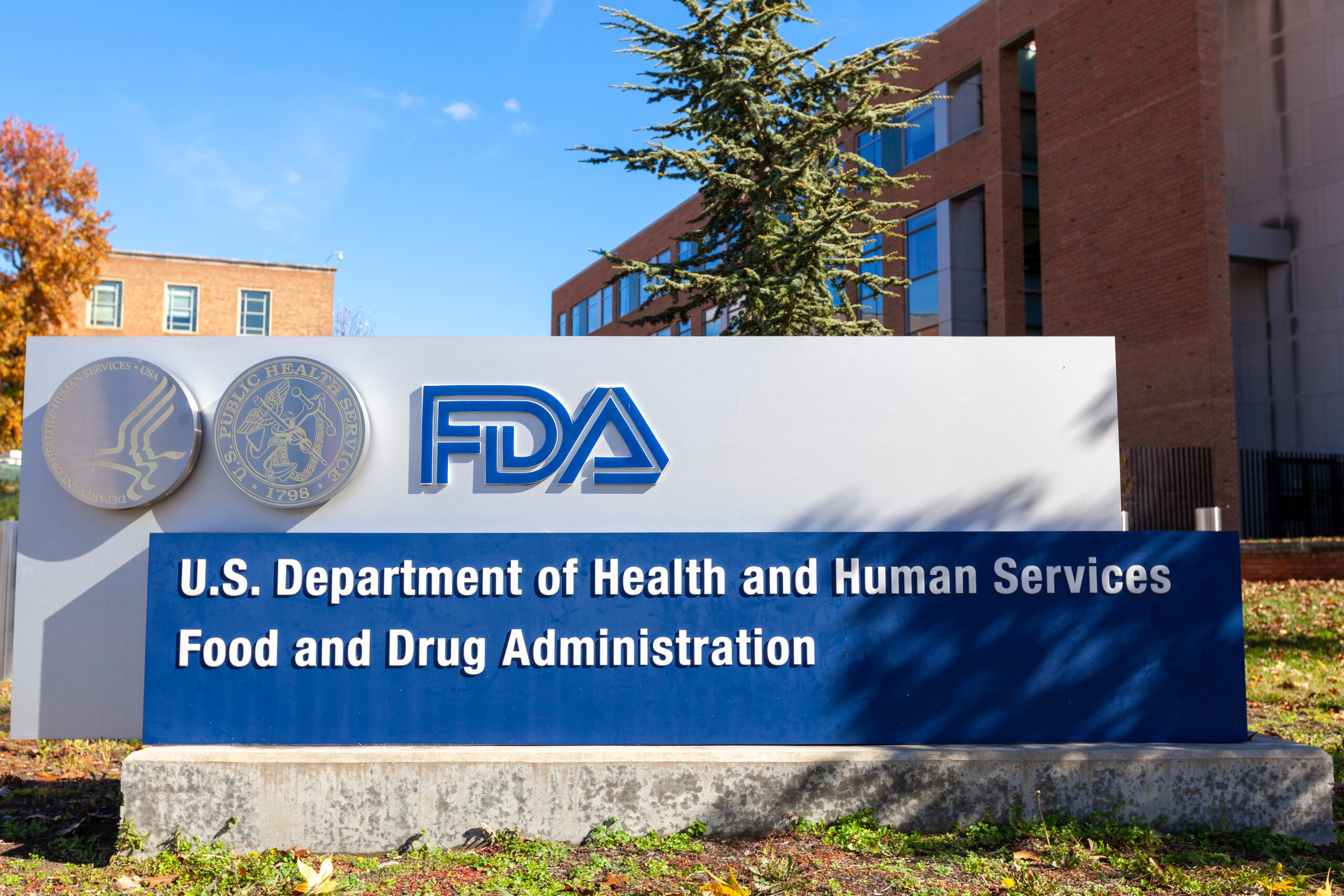University of Queensland researchers have found that adding aspirin to a cancer inhibitor drug can increase its effectiveness in animal models of some hard-to-treat cancers. With some encouraging preclinical results, the research team hopes to test the combination therapy in clinical trials involving patients with lung, pancreatic and colorectal cancer.
According to the researchers, cancers associated with mutations in the RAS genes are currently hard to treat because patients are often unresponsive and no therapies have been approved to specifically target the genes. In light of this, patients with these cancer types typically display very low survival rates.
“We found the addition of aspirin to a cancer inhibitor drug, Sorafenib, strongly enhanced its effectiveness against mouse models of lung cancer and melanoma with RAS mutations,” said Dr. Helmut Schaider, Associate Professor at the UQ Diamantina Institute. “In a multicentre phase three trial for non-small cell lung cancer, Sorafenib alone showed a marginal improvement for patients. Our research suggests its combination with aspirin could benefit patients with RAS mutations who don’t otherwise respond to other treatments.”
According to Schaider, adding aspirin to the kinase inhibitor Sorafenib could also reduce the dose required to have an effect, thereby minimizing the sides effects of treatment experienced by patients. As these side effects can cause some patients to discontinue treatment, reducing them could improve patient adherence to cancer medications.
“By combining it with a relatively high dose of aspirin, two molecular processes are activated and together they work to kill RAS mutant cancer cells,” said Schaider. “This dual activation also might prevent the tumours acquiring resistance to the treatment, which can happen when the inhibitor drug is given alone.”
While Schaider acknowledges that aspirin therapy can elicit adverse effects in some patients, he believes the dose would be manageable for the majority of people.
“A clinical trial of the combination could proceed relatively quickly, potentially piggy-backing on other testing already underway,” said Schaider. “We believe adding aspirin could also potentially prevent relapse of tumours in patients.”












Join or login to leave a comment
JOIN LOGIN